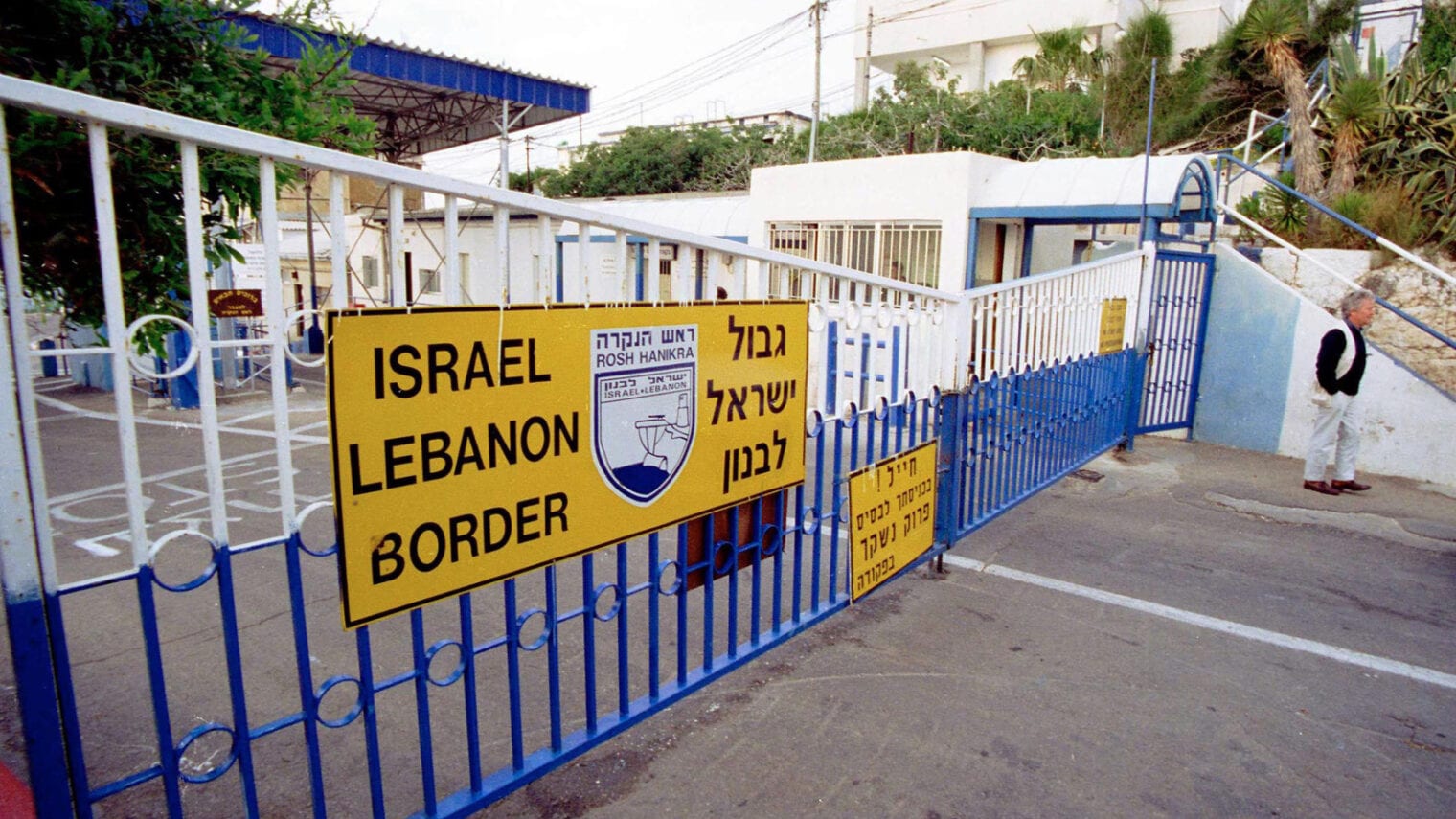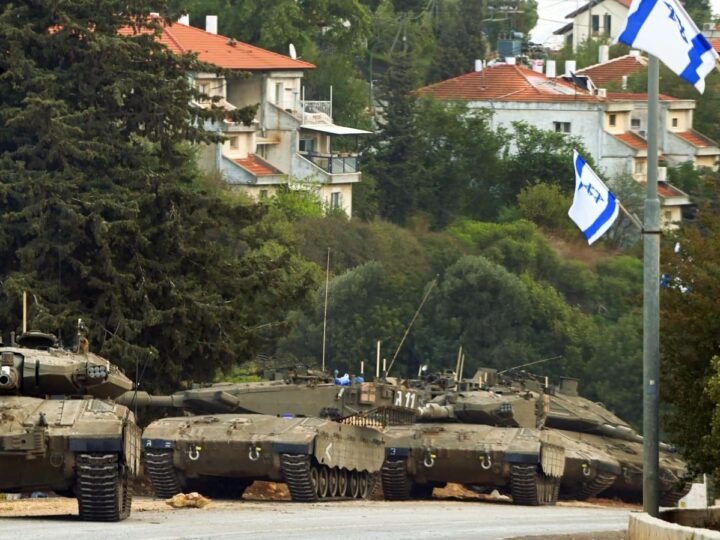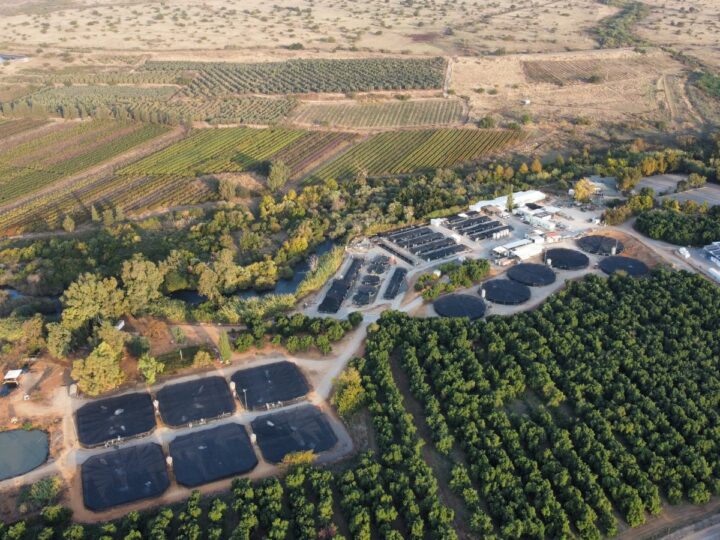Nearly six months into the Israel-Hamas war in Israel’s southwest, it is Israel’s northern adversary, Hezbollah, that’s keeping many Israelis awake at night worrying.
Around 60,000 of them are even worrying in a bed that’s not their own, having been evacuated from their homes preemptively to ensure that a massacre like that of October 7 on the Gaza border doesn’t happen from on the border with Lebanon.

To understand why Hezbollah still poses a large threat to Israel, ISRAEL21c turned to two Israeli experts on Hezbollah: Prof. Eyal Zisser, vice rector of Tel Aviv University and an expert on Syria and Lebanon; and Orna Mizrahi, a senior researcher at the Institute for National Security Studies in Tel Aviv and the former deputy national security adviser for foreign policy at Israel’s National Security Council.
“Five months after the war broke out, we’re in a situation of a daily war of attrition. Each day, there are a number of attacks by Hezbollah and responses from the Israel Defense Forces (IDF),” Mizrahi explains.
“A situation that is very unnatural and uncomfortable for Israel was created – there’s a security buffer zone on the Israeli side of the border, which is the main achievement of Hezbollah, which wants to maintain it and keep on fighting,” she notes.
“Alongside the military activities, there have also been efforts to reach a political solution between the sides, which at the moment are stuck because Hezbollah has created a linkage between what is happening in Gaza and what is happening up north. They’re clearly saying that as long as the fighting in Gaza continues, they’ll keep on fighting up north too,” says Mizrahi.
All-out war?
Zisser adds that Hezbollah “wants to be able to say that it hasn’t turned its back on the Palestinians, but that it still doesn’t want to reach an all-out war.”
Hezbollah has therefore been maintaining a low-level conflict to keep its aim for the borderlines and military targets, but that’s becoming increasingly difficult.
“There’s also the Israeli element – when will Israel decide that it wants to finish up this whole business? Then we could reach something bigger,” he notes.

Mizrahi and Zisser agree that for Israel to be satisfied with the situation on its northern border, Hezbollah would have to retreat north of the Litani River in Lebanon, in compliance with United Nations Security Council Resolution 1701 passed to end the 2006 Second Lebanon War.
“Israel is talking about forcing UNSCR 1701 on the security situation and removing Hezbollah from the border so that Israelis will be able to return to their homes next to the border,” Zisser says.
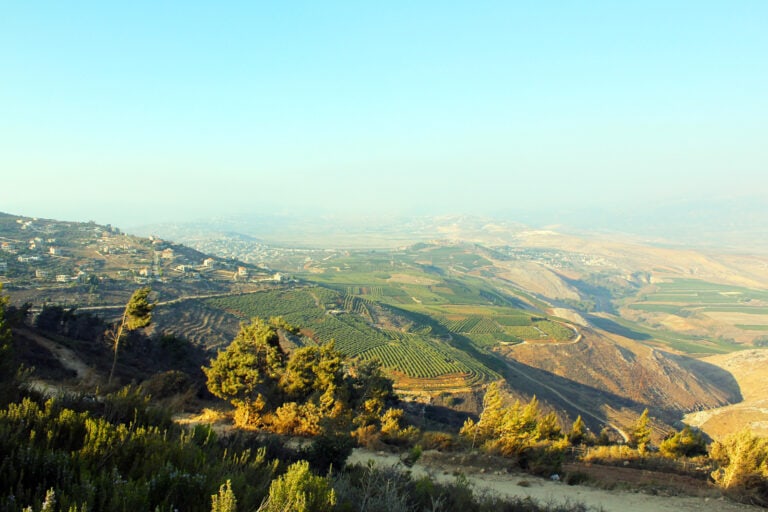
“Israel says that if there won’t be a diplomatic solution, at some point – and I don’t know whether this will be in a week’s time or in two months’ time – Israel might act militarily to achieve that aim.”
“There was some kind of mutual deterrence equation between the two sides, and Hezbollah broke it. The side that began the fighting on October 8 was Hezbollah. Once it broke the status quo it changed the whole situation,” Mizrahi concurs.
We can’t go back
“We can’t go back now to the situation of October 7, which included significant Hezbollah presence along the border. There was presence, but it was quiet. Israel and its northern residents can’t suffer that sort of situation anymore,” she says.
In addition to the concern that Hezbollah forces could infiltrate Israel and attack communities like Hamas did on the Gaza border, Hezbollah is also dangerous because it has a huge arsenal of weapons aimed at its southern neighbor.
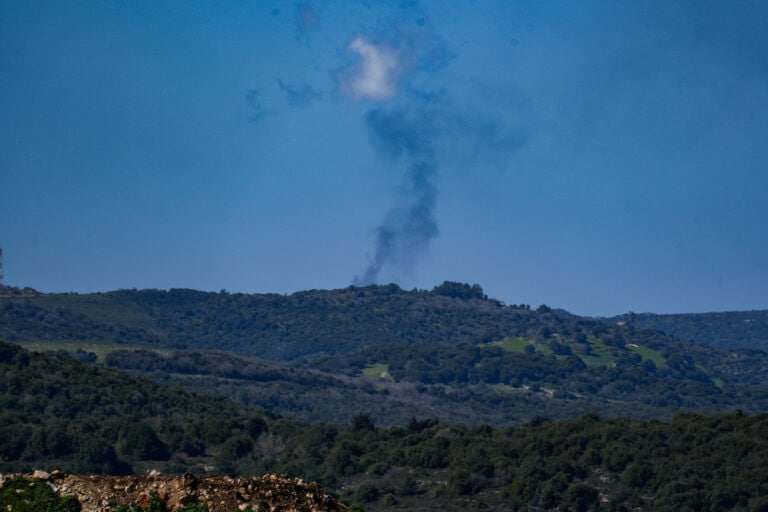
“Hezbollah does have more weapons than Hamas, so it can hurt us more. On the other hand, it’s not as crazy as Hamas, so that also needs to be taken into consideration,” Zisser says.
“At the moment, Hezbollah … has tens of thousands of missiles that it can launch all across Israel. What’s preventing it from doing so is the understanding that such a move won’t serve its interests; it will just get hit back. This is because we also have capabilities,” he adds.
Mizrahi agrees that Hezbollah has enough firepower to threaten the entire Israeli homefront. In case of a war with Hezbollah, “the estimations are that the damage and the number of casualties will be very significant,” she says.
“However, I don’t know how to determine whether it’s more dangerous ideologically. What’s more dangerous? Riffraff murdering, raping and beheading people ISIS-style, or something else?” she asks.
“There’s no doubt that Hezbollah is a more powerful and threatening force, and that it’s the vanguard of the Iranian resistance front in the area. And yet, we’ve seen that Hamas can also do quite a bit of harm.”
The ultimate objective
Mizrahi says Hamas and Hezbollah share the objective of harming Israel as much as possible.
“If they could have, they would have destroyed it. That’s also why Hezbollah joined in on the war, to help Hamas survive and help Hamas reach its objectives vis-a-vis Israel and the IDF – for Israel to come out of the war defeated, weak and humiliated,” she explains.
However, Hezbollah is giving its actions more thought and has much more complex interests, she adds.
“It’s more complicated for Hezbollah because it has a very central role as Iran’s main force in the region, and Iran is keeping [Hezbollah] to itself in case it needs it. That’s why Iran is also much more involved in activating it.”
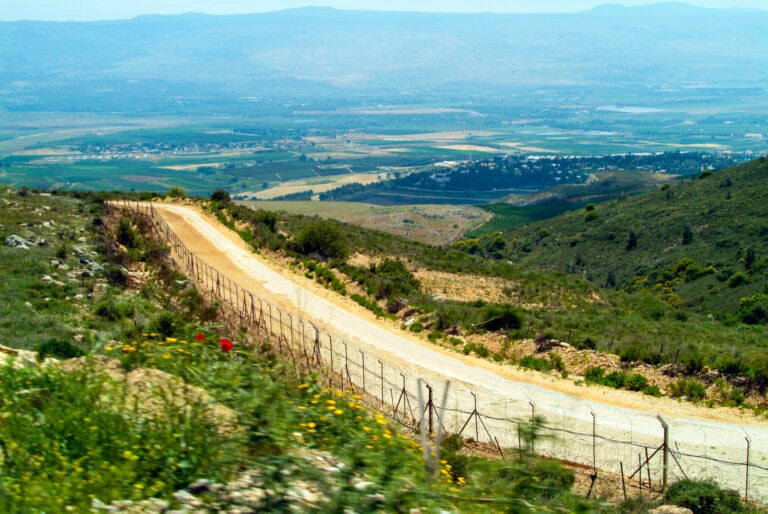
At the moment, Mizrahi says, a widespread war would not serve the interests of Iran or Hezbollah. “But they might be dragged there, and it might suit them in the future,” she warns.
“A lot depends on how the war in Gaza develops. It might be that if there’ll be a respite following a hostage deal, or even a longer respite or even a stop in fighting, everything will also stop up north. But as long as the war in Gaza continues in high intensity it will likely also continue in the northern arena.”
Decision time
She believes Israel will have to make a decision soon.
“Israel keeps on saying that it will allow time to try and reach a diplomatic solution, but that if that won’t happen, we won’t have a choice. I don’t think that’s an empty threat,” she says.
Zisser envisions three possible scenarios: the current situation will continue for a few more months; there will be a political solution; or things will escalate due to decisions on either side.
“It’s hard for me to say which will happen. I hope that there’ll be a diplomatic solution, but I don’t know whether it has a chance. A lot depends on how the Israeli government sees things,” says Zisser.




